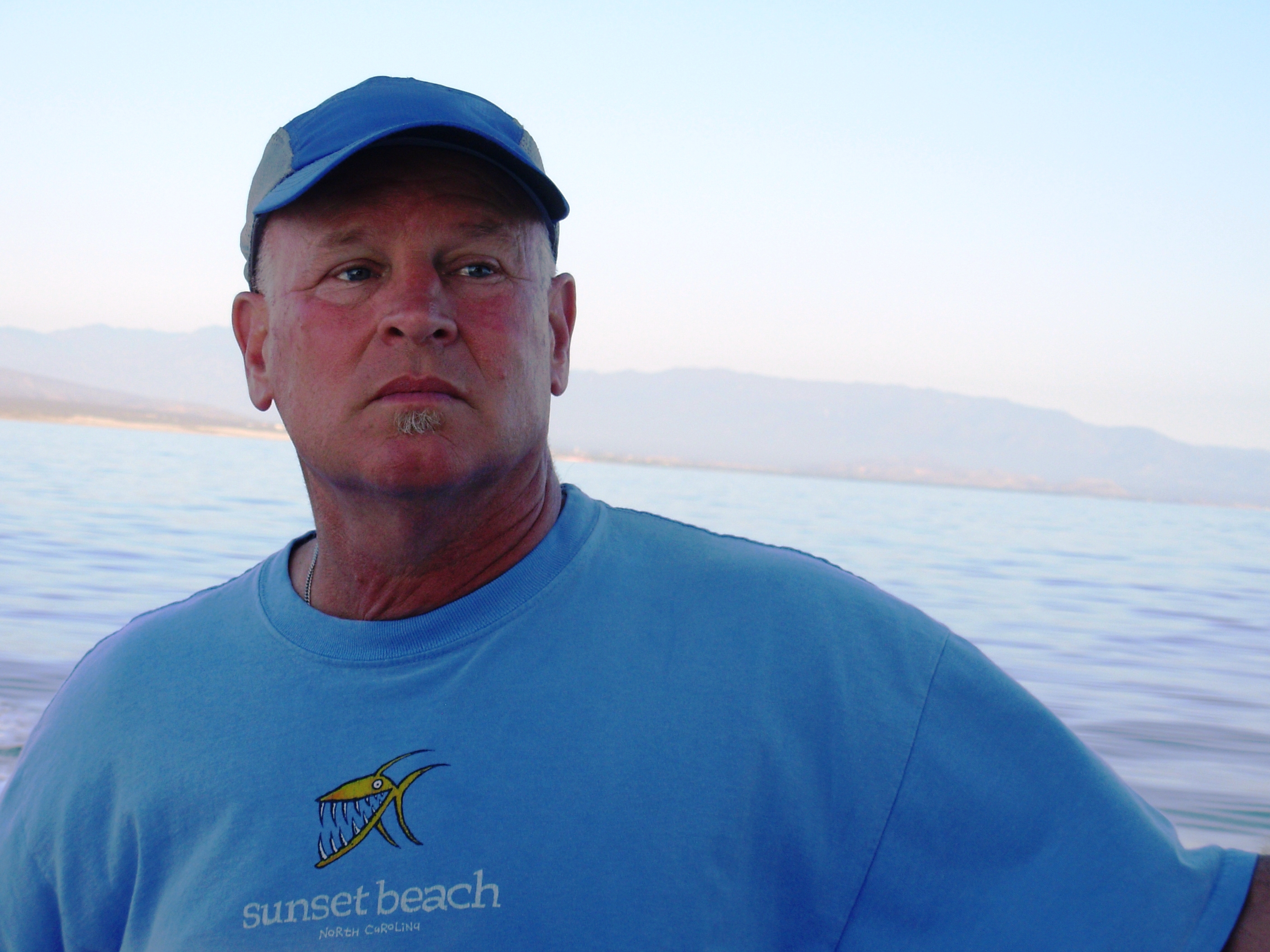Jim Furnish is currently a consulting forester in the Washington D.C. area following a 34-year career with the USDA Forest Service. He retired after serving as deputy chief for national forests from 1999 – 2002. During the 1990s, Furnish was Siuslaw National Forest Supervisor in Corvallis, Ore. during the spotted owl crisis where they reformed management from timber production to restoration principles. Furnish was also a principle Forest Service leader in creating protections for 60 million acres of roadless areas in 2001. His recent memoir, “Toward a Natural Forest” (Oregon State University Press), speaks to forest management that works in concert with nature.
What led you to want to work for the Forest Service?
This was a dream of mine from the time I met a cousin, Dick Swartzlender, while he was working on the Olympic National Forest. I was about 10 years old at the time he took my Dad and me salmon fishing in Puget Sound and shared stories about his work. I was hooked.
What was your favorite aspect of your job?
Being outdoors on glorious autumn days, thinking about summer accomplishments with winter on the horizon and contemplating the privileges of working in such majesty.
What was the most difficult moment or encounter that you experienced in pursuit of your work?
I think it was the spotted owl crisis — which revealed that both the Forest Service and myself had erred badly in demanding timber production at the expense of other more important environmental resources, like wildlife, fish and water quality.
What do you think is the biggest issue facing national forests today?
The complexities of climate change — everything from worsening wildland fires, to forest carbon storage, reducing water supplies and habitat losses affecting myriad species. The Forest Service has also lost the strong social mandate underpinning their legitimacy.
Who is your favorite fictional scientist and why?
I don’t really have one. Aldo Leopold is my favorite non-fictional scientist due to his success in popularizing — by that I mean making understandable — a vital land ethic.
If you weren’t a scientist, what would you be? Why?
Hmmm…. Probably a high school coach. I love the excitement, reality, spontaneity and essence of sport. I’ve volunteered for many years coaching youth, and the life lessons in athletic endeavors are unique and vital.
Where is your favorite spot to experience nature and why?
That would be either on a promontory overlooking a vast landscape (and there are many great ones) or in a canoe enjoying the quiet energy of water and the abundant life it supports.
What is the most surprising thing that you have learned or discovered?
People — both as individuals and groups — are highly resistant to change. However, once excited by the benefits of doing things differently, people surprise me in their resolute commitment to behave differently.
Do you have a favorite story from your years in the field?
That would be the indescribable satisfaction and mystery of meeting someone, somewhere many years after an encounter and hearing them speak to how what I did and/or said motivated them. I often have no recollection of the event, nor do I recall intending to do any such thing. The spotted owl crisis, and my years on the Siuslaw National Forest, offered many circumstances and opportunities to confront troubling realities and foster profound change.
